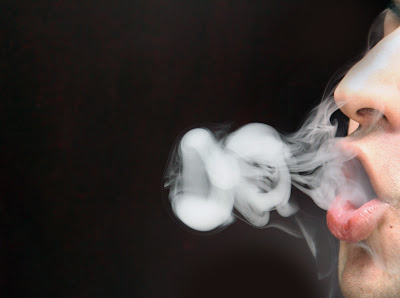The human nose can smell fatty foods

American researchers have found that each person has a nose specific detector fat. With it, we can determine the level of this substance in different products. Scientists at the California Science Center have found another way to avoid overeating, which can be used along with counting calories and a careful selection of products. It turns out that the person in the nose has its own excellent for detection of fat smell given to us by nature. Researchers believe that people can easily incorporate this detector for the regulation of its power. Scientists believed that the smell of food is almost always determined by the man before he eats anything. It turned out that one of the first components of this odor is received by us olfactory information about whether the food contains fat. And if using innovative technologies, food producers will smell of fat in food more perceptible for the health of society, it will lead to a significant roll in the general trend of development of a worl...


